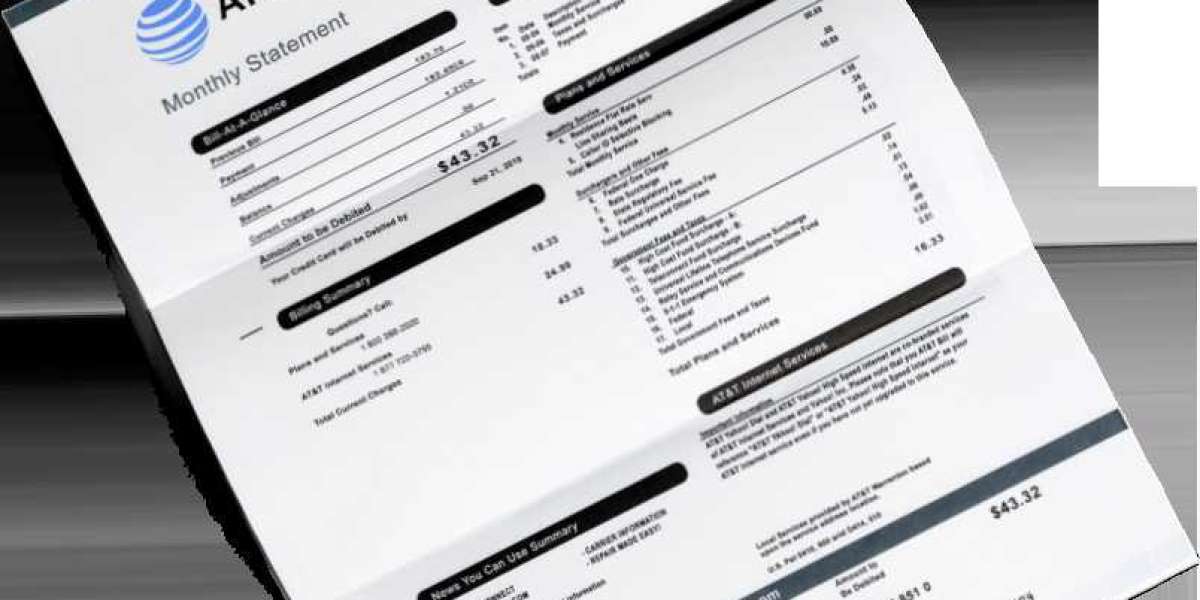Introduction:
Employment laws govern the relationship between employers and employees, providing regulations for hiring, firing, compensation, benefits, and other workplace issues. Employment laws are governed by both federal and state laws, with different laws applying depending on the jurisdiction and industry. In this article, we will provide an overview of federal and state employment laws.
Federal Employment Laws
Federal employment laws apply to all employers and employees in the United States, regardless of the state or industry. Some of the most significant federal employement laws include:
- The Fair Labor Standards Act (FLSA): Sets minimum wage and overtime pay requirements, as well as child labor standards.
- Title VII of the Civil Rights Act of 1964: Prohibits employment discrimination based on race, color, religion, sex, or national origin.
- The Americans with Disabilities Act (ADA): Prohibits employment discrimination based on disability and requires employers to provide reasonable accommodations for employees with disabilities.
- The Family and Medical Leave Act (FMLA): Provides eligible employees with up to 12 weeks of unpaid leave for certain family or medical reasons.
State Employment Laws
State employment laws vary depending on the state and industry. State laws may provide additional protections for employees beyond federal employment laws. Some of the most common state employment laws include:
- Minimum wage and overtime pay requirements: Many states have their own minimum wage laws and overtime pay requirements.
- Anti-discrimination laws: Many states have their own anti-discrimination laws that provide additional protections for employees.
- Workers' compensation: States have their own workers' compensation laws that provide benefits to employees who are injured or become ill on the job.
- Paid leave: Some states require employers to provide paid sick leave or family and medical leave to employees.
Conclusion:
Employment laws govern the relationship between employers and employees, providing regulations for hiring, firing, compensation, benefits, and other workplace issues. Federal employment laws apply to all employers and employees in the United States, while state employment laws vary depending on the state and industry. By understanding both federal and state employment laws, employers and employees can ensure that they are complying with all relevant laws and regulations.



